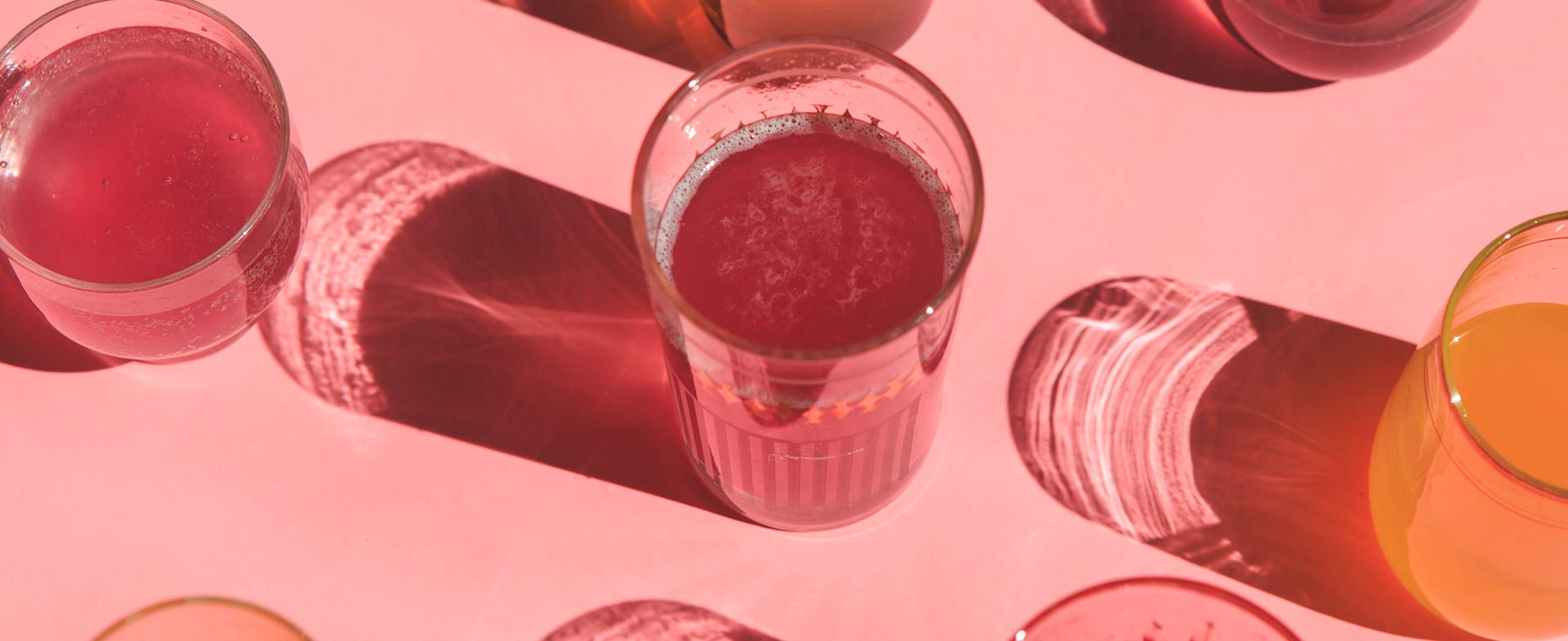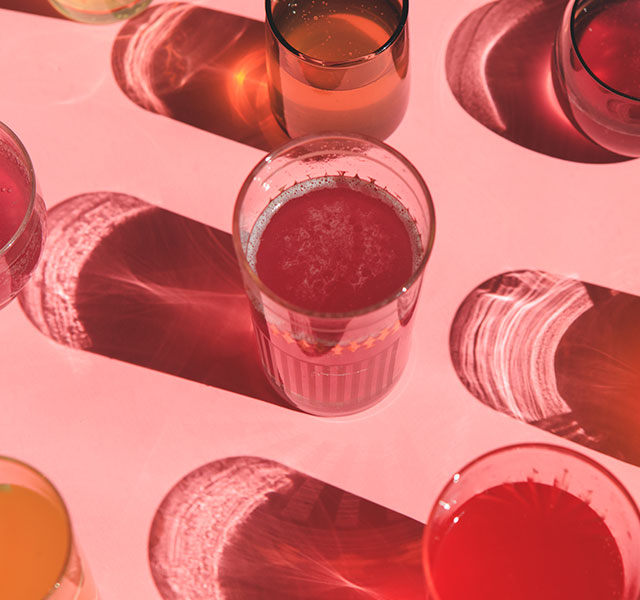You’ve no doubt heard of probiotics and seen them touted on the labels of products like yogurt, kefir and kombucha. And even if you don’t know exactly what they are and how they work, you probably know they’re linked to better gut health.
There is always a balance of good and bad bacteria in your digestive system. When the bad ones outweigh the good, stomach upset, inflammation and lower immune response can be the result.
“Probiotics are the good bacteria,” says Allegra Picano, RDN, a dietitian at Henry Ford Health. “You need a wide variety of these good bacteria in your system in order to maintain a healthy gut.”

What Do Probiotics Do?
Good bacteria—probiotics—play a big role in the health of your digestive system. They help you maintain a balanced gut microbiome (the collective bacteria that live in your gut).
“The good bacteria in your system perform many crucial functions beyond digestive health,” says Picano. “They produce immune cells, increase your immune response, synthesize vitamins, break down food and help make important chemicals, including neurotransmitters like serotonin.”
Some bad bacteria live in your digestive system too. At low levels, they don’t do your body any harm. But when you’re stressed out, sick or not eating a healthy diet, those bad bacteria multiply. For the health of your gut microbiome, you want to make sure there are more good bacteria than bad.
Can Consuming Foods And Drinks That Contain Probiotics Help?
Certain foods and beverages are natural sources of good bacteria. In most cases, a food has to be fermented to create the strains of probiotics—such as lactobacillus—that are considered beneficial. Fermented, probiotic-rich foods and drinks include yogurt, kefir, kombucha, miso, tempeh, kimchi, sauerkraut and pickles.
“The problem is that there are thousands of species of good bacteria and we don’t really know what role each plays in the body,” says Picano. It’s also hard to know exactly which specific types of probiotic—and how much—are actually in whatever you’re consuming. Label claims for these products aren’t regulated in the same way that drugs are, so the type of bacteria and the total volume a product contains isn’t rigorously tested.
“These products are probably giving you some beneficial gut bacteria, but we don’t know for sure,” says Picano. If you do choose to include probiotic drinks, such as drinkable yogurts, kefir and kombucha, in your diet, be sure to check the labels and make sure you’re not selecting one with lots of added sugar.
Other Ways To Improve Gut Health
You don’t necessarily need to consume probiotics in order to maintain a healthy gut. In fact, you might be better off packing your diet with foods that are prebiotics. “Prebiotics are fiber-rich foods that feed the good bacteria in your gut, helping them flourish,” says Picano.
When you eat prebiotic foods, your body breaks them down and uses the fiber they contain to nourish and grow more probiotics in your digestive system. A diet that includes a wide variety of fruits, vegetables and whole grains will provide all the prebiotic fiber you need to keep your gut in great health.
Reviewed by Allegra Picano, a registered dietitian nutritionist for the Henry Ford Center for Health Promotion and Disease Prevention.



